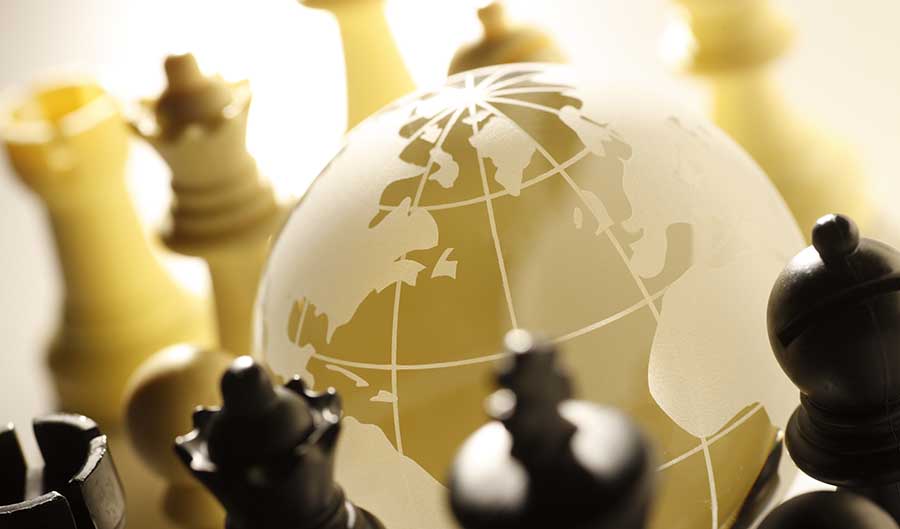Yang Wenjing, Research Professor, Institute of American Studies, CICIR
May 18, 2022
Views differ on what triggered the current conflict. But whatever the pros and cons of NATO expansion, the conclusion must be that China, not Russia, is the greater long-term, structural and potentially lethal challenger to America.
Leonardo Dinic, Expert in Geopolitics and International Business, the Future of Work, and Emerging Technologies
May 06, 2022
The ongoing Ukraine conflict may be the turning point that observers and politicos alike speak of to shift the focus of global leadership away from American hegemony, and towards a multipolar paradigm.

Jia Qingguo, Director and Professor, Institute for Global Cooperation and Understanding, Peking University
May 05, 2022
The demonization of China that began during the Trump presidency has persisted. Bilateral relations are morphing from a competition over interests to a struggle over values and identity. The near future looks bleak, but there’s hope further down the road.
Zhang Yun, Professor, School of International Relations, Nanjing University
Apr 20, 2022
The domestic and foreign policies of the United States will both return to the pragmatic tradition, partly because of the diverse nature of the country. At the same time, pragmatic diplomacy in a pluralistic world will improve international relations.

Tao Wenzhao, Honorary Member of the Chinese Academy of Social Sciences; Fellow, CASS Institute of American Studies
Nov 05, 2021
Worries by the United States that China will take over its leadership role are based on a serious strategic misunderstanding. The road ahead for the international power structure as it shifts to a multipolar pattern may be long and difficult, but the prospects are promising.
Zhang Monan, Deputy Director of Institute of American and European Studies, CCIEE
Oct 18, 2021
A series of policies in the U.S. has made life much more difficult for China concepts stock companies. CCS listings in the U.S. are emerging as the next big risk, and the adoption of the variable interest entity structure, or VIE, is storing up trouble.
Joseph S. Nye, Professor, Harvard University
Oct 11, 2021
As US President Joe Biden’s administration implements its strategy of great power competition with China, analysts seek historical metaphors to explain the deepening rivalry. But while many invoke the onset of the Cold War, a more worrisome historical metaphor is the start of World War I. In 1914, all the great powers expected a short third Balkan War. Instead, as the British historian Christopher Clark has shown, they sleepwalked into a conflagration that lasted four years, destroyed four empires, and killed millions.
Chen Jimin, Guest Researcher, Center for Peace and Development Studies, China Association for International Friendly Contact
Sep 06, 2021
Maintaining strategic security and its stature as a major global power are the country’s priorities. While its economy is relatively weak, Russia’s military power, its experience and its influence in global affairs means that it will continue to be an important player in shaping the international landscape.
Leonardo Dinic, Expert in Geopolitics and International Business, the Future of Work, and Emerging Technologies
Sep 03, 2021
Washington’s current Afghanistan crisis and domestic political instability present an ideal opportunity for China to accelerate its global and regional ‘grand strategy.’ Is the United States prepared to slow its advance?
Clifford Kiracofe, Former Senior Staff Member, Senate Committee on Foreign Relations
Sep 03, 2021
Conventional logic would say that new leadership should open a broad window to reset relationships between nations. Yet as the first 6 months of the Biden presidency shows, the story is not always so cut-and-dry.
Back to Top

- China-US Focus builds trust and understanding between the U.S. and China through open dialogue among thought leaders.
- Our Offerings
- Topics
- Videos
- Podcasts
- Columnists
- Research Reports
- Focus Digest
- Stay Connected
-
Thanks for signing up!
- Get the latest stories from China-US Focus weekly.